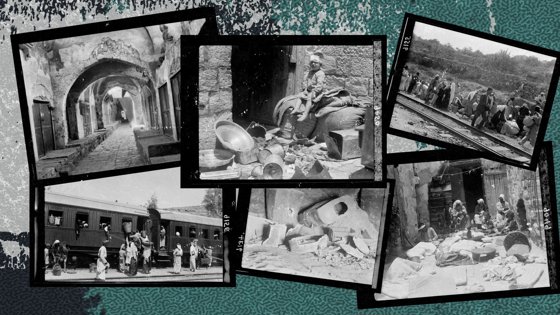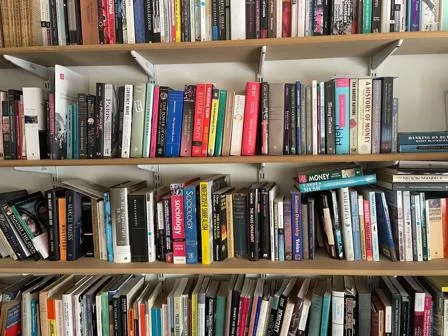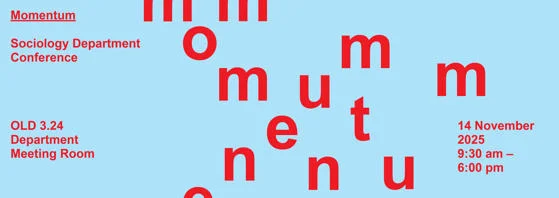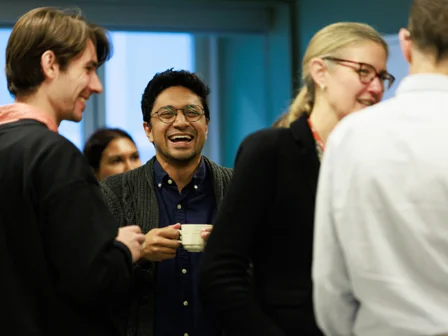Research

We strive to conduct innovative research in key areas of expertise, including: economic sociology; politics and human rights; social inequalities; social studies of knowledge, culture and technology; and urban sociology.
Latest research highlights
Resistance behind closed doors: how Palestinian women fought empire from the home
Tuesday 23 September 2025 · Dr Mai Taha

Research news and media mentions
Catch up with the latest news from our faculty and researchers

Publications
Read our faculty's latest cutting edge research

Academic expertise
Our research clusters
Learn more about our research areas

Research projects
Learn about research currently taking place in the department

Grants, awards, honours and prizes
Our academic contributions and achievements

Knowledge exchange and impact
Our impact
Our research engages with policymakers, industry and society

Our blogs
A hub for evidence-based commentary and summaries of research by experts

Research Excellence Framcework (REF)
Read our REF Results 2021 results

Latest media
Get involved
LSE Human Rights
A leading interdisciplinary hub for global human rights scholarship

British Journal of Sociology
Find out more about our leading international sociological journal







